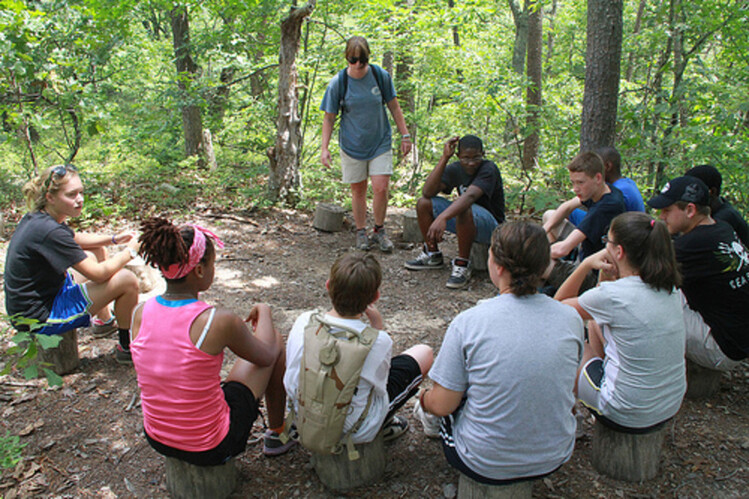Benefits of Residential Programs for At-Risk Youth
A residential program for at-risk youth is a type of program that provides a safe and supportive environment for youth who are at risk of not succeeding in traditional school settings. These programs offer a variety of services and programming, such as academic support, mental health services, and vocational training, in order to help the youth in the program to achieve their fullest potential.
Residential treatment centers for at-risk adolescents can be found in both public and private settings and can vary in terms of the length of the program, the age range of the youth who are served, and the services that are offered. Some programs focus solely on helping the youth in the program to graduate from high school, while others offer a more comprehensive range of services that can help the youth to transition into adulthood.
The benefits of attending Polaris residential programs for at risk youth can be significant, as these programs can help youth to overcome many of the challenges that they face. The supportive environment and comprehensive services offered in these programs can help the youth in the program to improve their academic performance, manage their mental health challenges, and gain the skills and experience they need to transition into adulthood.
The programs can provide a sense of community and support to the youth, which can be extremely beneficial in helping them to overcome their challenges. The programs can also help to prepare the youth for their future, by teaching them important life skills and providing them with opportunities to gain work experience.
There are numerous benefits of residential programs for at-risk youth:
A Stable Environment
One of the most important is that these programs provide a stable and supportive environment for youth who are facing difficulties at home or in their community. In a residential treatment center, youth have access to 24-hour care and support, which can be crucial for those who are struggling.
Therapeutic Interventions
Residential programs can provide a wide variety of therapeutic interventions that can be beneficial in addressing the underlying issues that may be contributing to a youth’s behavioral or emotional problems. One type of therapeutic intervention that is commonly used in residential treatment centers is cognitive-behavioral therapy (CBT). CBT is a form of therapy that helps individuals identify and change the thoughts and behaviors that contribute to their problems. CBT can be helpful in addressing a wide range of problems, including anger management, anxiety, depression, and addiction.
Another type of therapeutic intervention that is often used in residential programs is dialectical behavior therapy (DBT). DBT is a form of therapy that helps individuals learn how to better regulate their emotions and tolerate distress. DBT can be helpful in addressing problems such as self-harm, suicidal thoughts, and eating disorders.
In addition to CBT and DBT, residential treatment centers may also provide youth with access to other types of therapeutic interventions, such as trauma-focused therapy, family therapy, and art therapy. Each of these interventions can be beneficial in helping youth address the underlying issues that may be contributing to their behavioral or emotional problems.
Life Skills
It’s important for young people to have opportunities to learn life skills, such as how to manage their emotions, set and achieve goals, and cooperate and interact effectively with others. These skills can help them live successful lives and contribute to their communities. There are many programs that offer these opportunities. For example, many schools have programs that help students learn how to manage their emotions. These programs can help students deal with stress, anger, and other emotions. They can also teach students how to express their feelings in a healthy way.
Perhaps most importantly, residential programs can help youth reconnect with their families and communities. Through the therapeutic interventions and support offered in residential treatment centers, youth can learn how to better manage their emotions and behaviors, which can lead to more positive relationships with their families and peers.

















